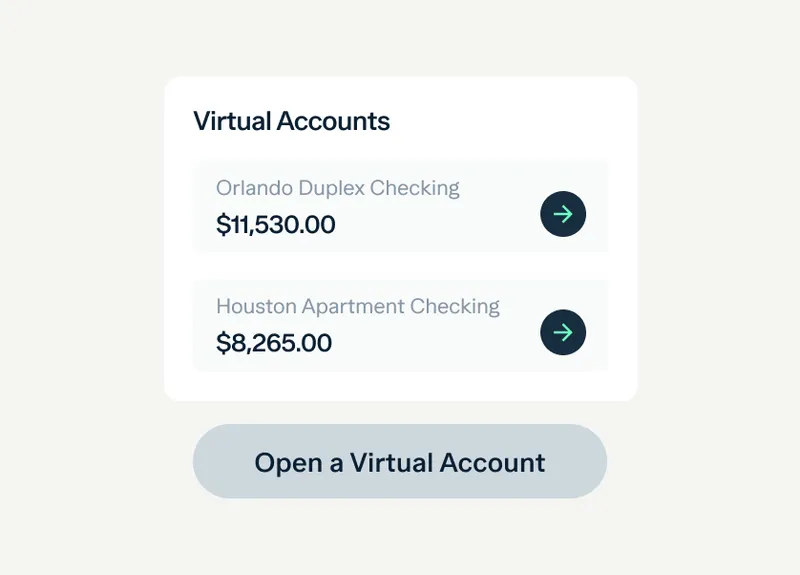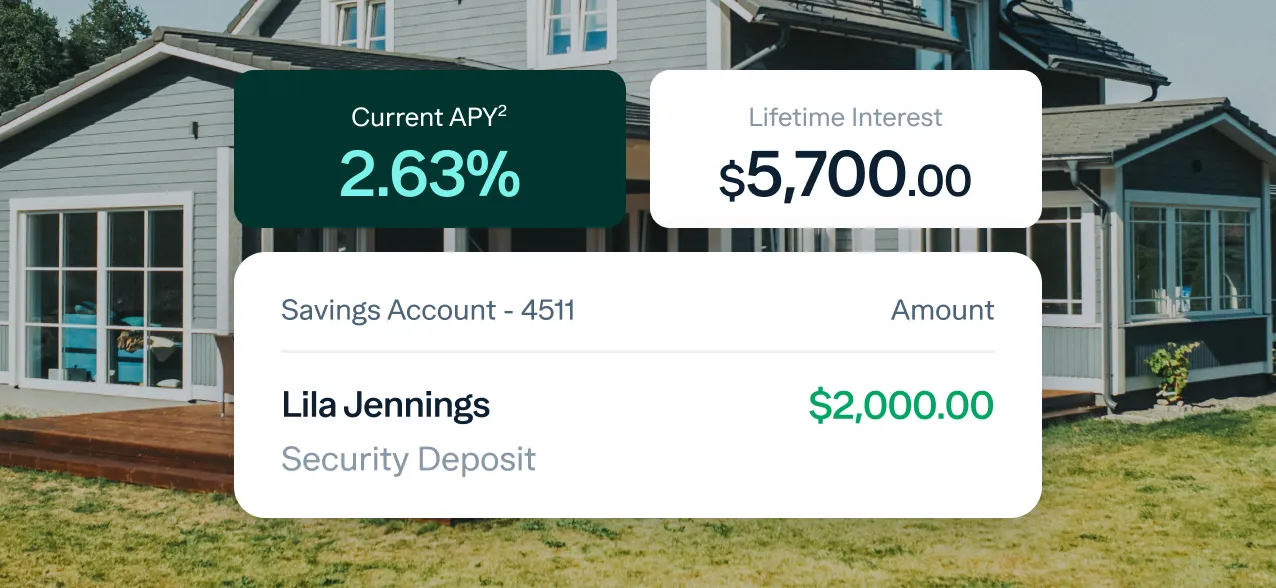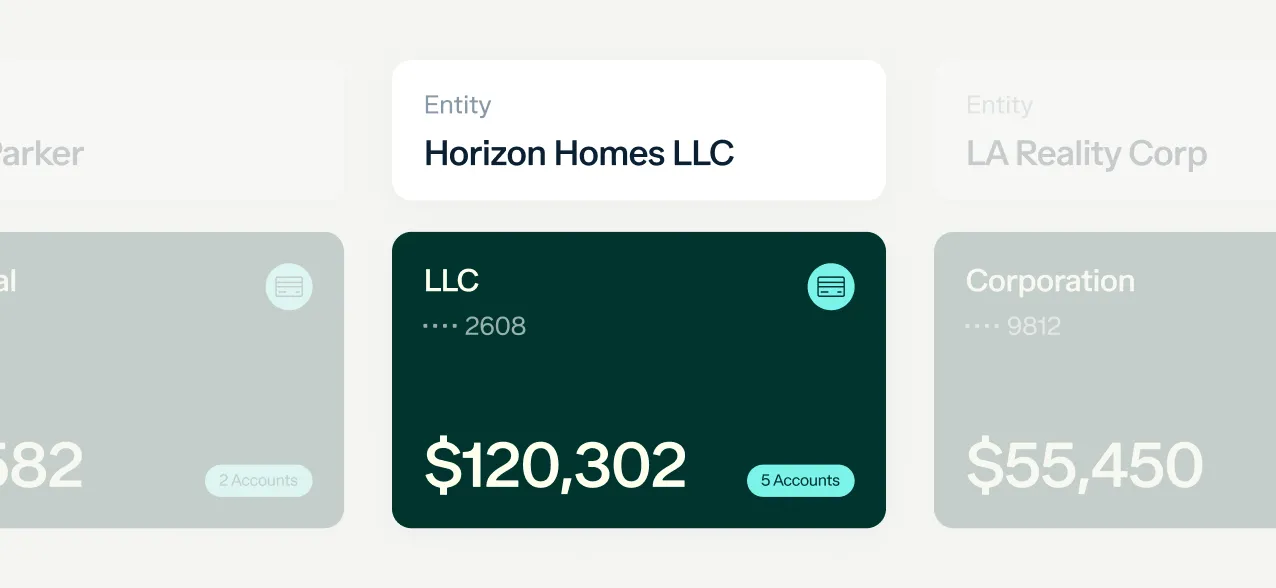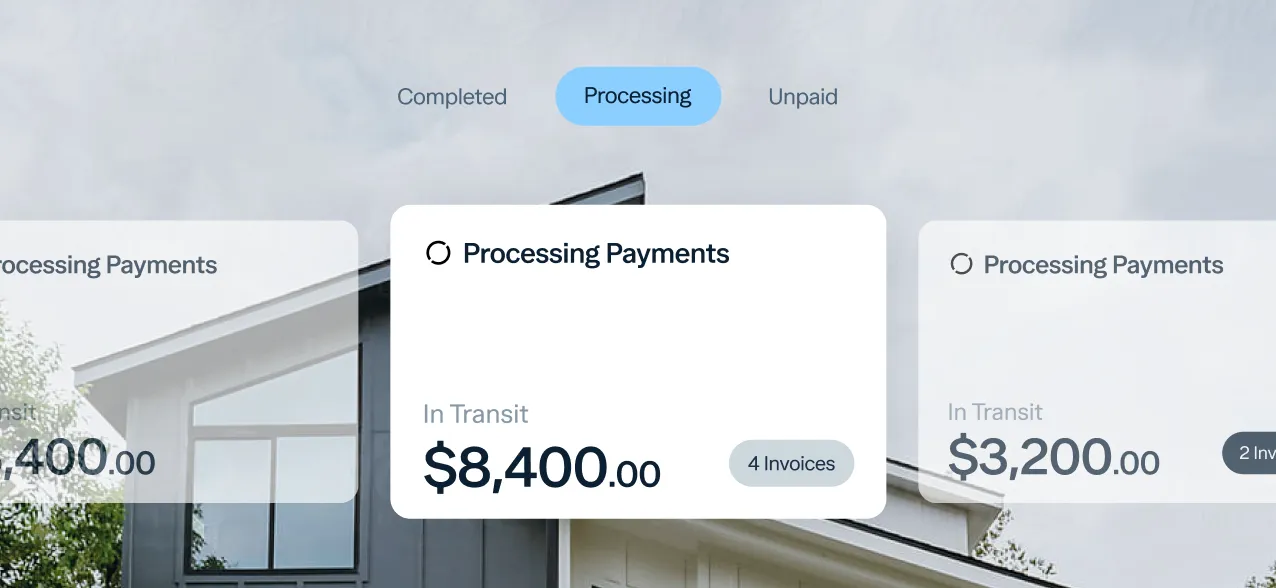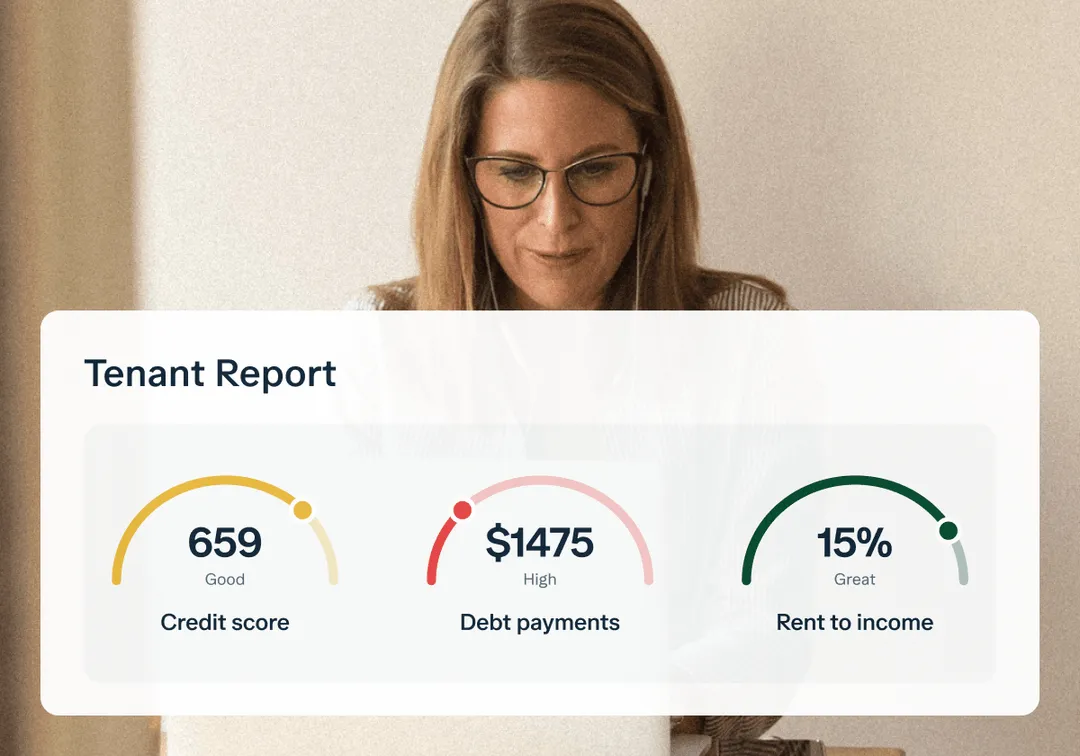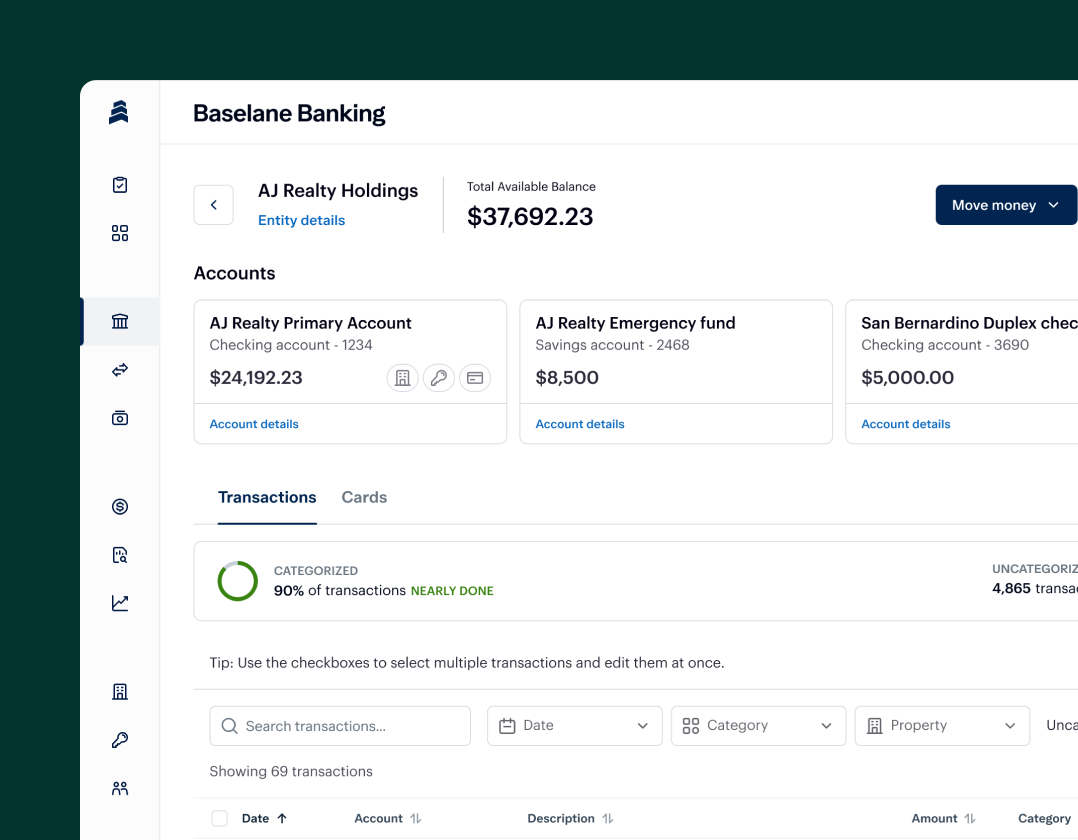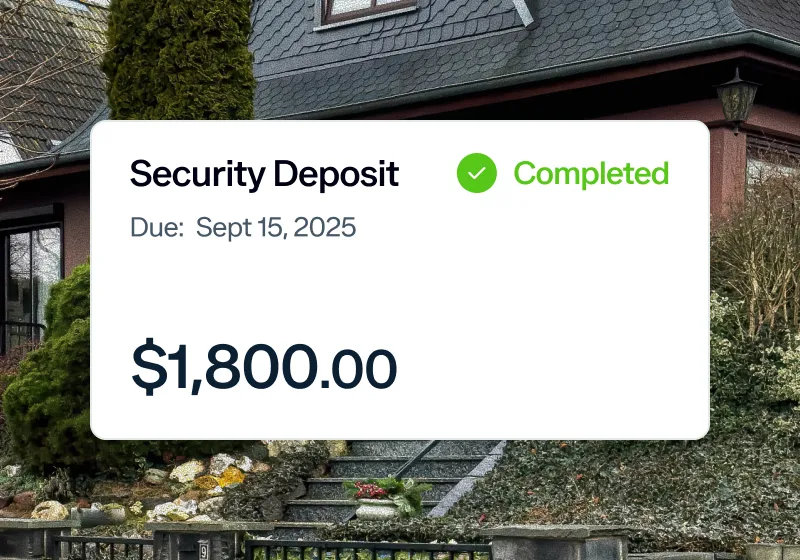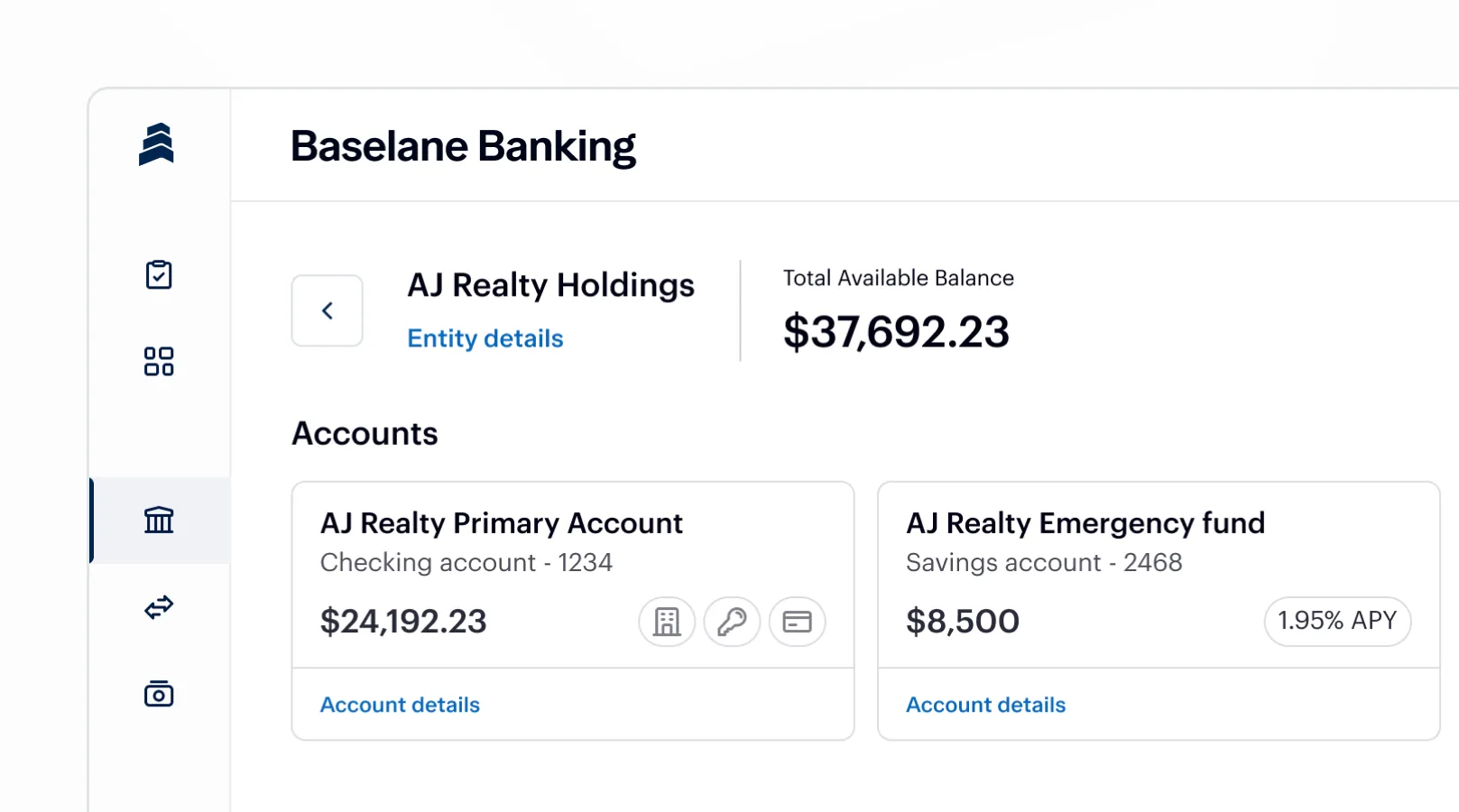In West Virginia, no legal limit applies.
Security deposit rules in {{ state }}
Limit: In West Virginia, there is no statutory limit on the amount a landlord may charge for a tenant security deposit. Most landlords typically collect an amount equal to one month’s rent, but the tenant deposit can vary depending on the tenant’s credit history, rental background, or property type. The total deposit must be clearly stated in the lease agreement, and landlords are encouraged to maintain a dedicated security deposit bank account in West Virginia to ensure proper management and transparency.
Return Deadline: The landlord must return the tenant security deposit, along with an itemized list of deductions, within 60 days after the tenant vacates the property. If another tenant moves in sooner, the landlord must return the deposit within 45 days of the new tenant’s occupancy. If the landlord fails to return the tenant deposit or provide an itemized statement within the required timeframe, they may forfeit the right to retain any portion of the deposit and could be subject to additional penalties.
Acceptable Deductions: The tenant security deposit may be used to cover unpaid rent, late fees, damages beyond normal wear and tear, cleaning expenses, unpaid utilities, and other costs necessary to restore the property to its original condition. The landlord must provide an itemized written statement of all deductions, along with receipts or repair estimates supporting each charge.
Where to Deposit: West Virginia law requires landlords to hold tenant deposits in a separate, federally insured account at a financial institution within the state. The deposit must not be commingled with the landlord’s personal or operating funds. While the state does not require landlords to pay a specific security deposit interest rate, maintaining a security deposit escrow account in West Virginia or a landlord tenant security deposit bank account in West Virginia helps ensure compliance with state regulations, protects tenant funds, and promotes transparency in rental transactions.













